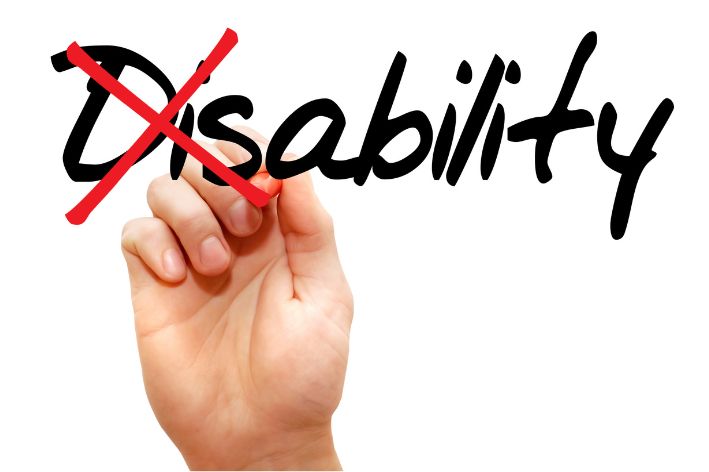The EU Council agreed its negotiating stance on the directive establishing the European disability card and the European parking card for persons with disabilities. The aim is to ensure equal access to special conditions or preferential treatment, such as reduced or zero entry fees, priority access, assistance and reserved parking spaces provided to persons with disabilities during short stays across the EU. This includes cultural events, sports and beach facilities and transport services.
Pablo Bustinduy, Spanish minister for Social Rights and Consumer Affairs said: “Travelling around the European Union is an incredibly enriching experience, and it should be easy and accessible for any EU citizen, without exceptions.”
Furthermore, Member States can decide to apply the same measures for stays longer than three months, including for EU mobility programmes. National authorities will be responsible for issuing physical and digital European disability cards, in an accessible format. The cards will be recognised throughout the EU as proof of disability.
The Council took into account the principle of multilingualism: Member States will be able to issue bilingual cards featuring both English and their national languages. The Council also gave Member States the option of including a QR code on the cards, as the most effective and easy-to-implement tool to prevent fraud.
Moreover, to ensure mutual recognition across the Union, the European parking card will replace all existing parking cards for cross-border mobility within five years from the entry into force of the directive. The parking card will be issued in physical format, issuing a digital European parking card will remain voluntary for Member States.
Both Member States and the European Commission will be responsible for informing persons with disabilities about the European disability card and the European parking card for persons with disabilities, as well as the special conditions granted to them. An EU website will provide relevant information, available in all EU languages and in accessible formats.
Negotiations on the final shape of the directive are expected to start as soon as possible once the European Parliament has voted on its mandate at the beginning of 2024.
